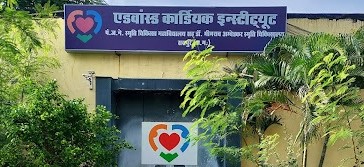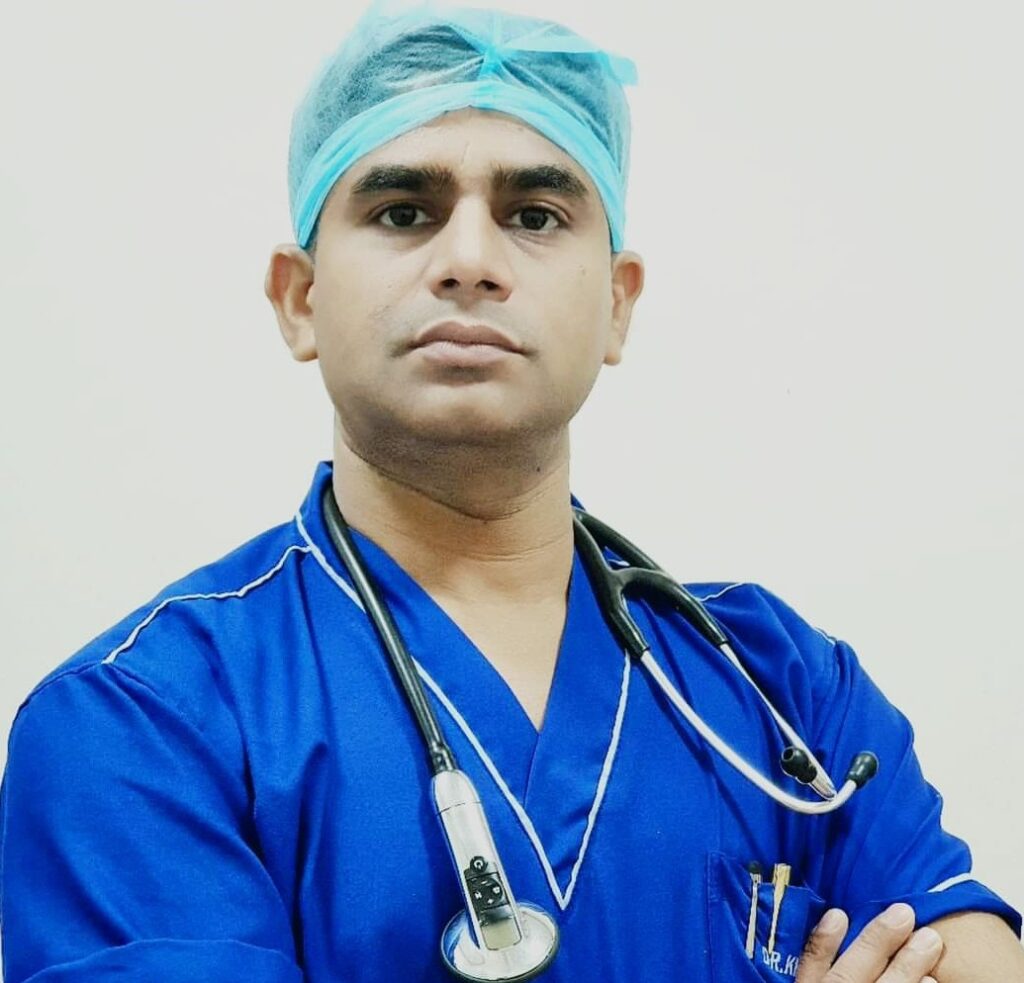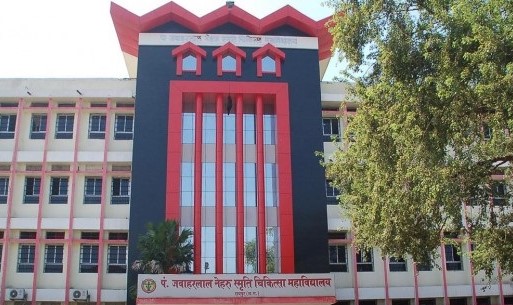RAIPUR: Dr Krishnakant Sahu with his team of the heart, chest and vascular surgery department of Advanced Cardiac Institute of Dr BR Ambedkar Memorial Hospital that comes under Pt. Jawaharlal Nehru Memorial Medical College has brought glory to the state government medical services by giving a fresh lease of life to a youth who suffered Ebstein Anomaly, a congenital heart defect. Apart from the case of the youth, two other such complicated cases have also been treated successfully- an achievement that has made the state government run medical college hospital the first of all the hospitals in the state where the highest number of ebstein anomaly cases have been treated so far. Entire treatment was done free of charges under Khubchand Baghel programme.

Ebstein anomaly is a rare heart problem and it is in fact a congenital heart defect in which the tricuspid valve that separates the top and bottom right heart chambers does not form correctly. The valve does not close as it should, and blood moves backward from the bottom to top chamber, making it harder for the heart to work. In people with the said anomaly, the heart can grow larger, and the condition can lead to heart failure. It is also known as critical complex congenital heart disease. For the sake of the common people, it is to mention that certain medicines in case taken during pregnancy may cause the anomaly in the child. The heart of the child to be born develops in the first six weeks of the pregnancy of the mother. If the normal development is hindered then the heart becomes abnormal with the said anomaly.

The youth in the case, from Narayanpur, was aged 26 years, felt frequent dizziness and subsequently fell unconscious, and he could not live without oxygen support. When reported at Dr Krishnakant Sahu’s OPD, the oxygen saturation was recorded 68 to 70 percent. Echocardiography and several other tests revealed his case to be of ebstein anomaly. Patients with this type of anomaly die young due to one or the other reason, between 25 to 28 years. Heart failure or irregular heart beat may be the cause.

The youth seemed to be in terminal phase of his life with the right ventricle of the heart working only ten per cent of its capacity and left ventricle was abnormally small in the case. Looking to the fact that such patients do not survive even after surgery, the family members of the youth were advised to go for heart transplantation, but financial constraints made them unable to go elsewhere. Even after it was told that chances of death in course of operation in the case were up to 90 to 95 percent, the patient’s family consented for the operation.
The operation was done by following a special technique in which the patient did not need permanent pacemaker. To the extent of fifty per cent of such patients permanent pacemaker is needed because at the place of surgery there is the risk of damage of the circuit that controls the heart beats. In case of the damage, the heart beats very slowly, and that can be made right with pacemaker only.
The complex surgery is known in the medical language as tricuspid Valve replacement with 29mm bioprosthetic valve+ vertical plication of Right ventricle+RVOT obstruction release+ASD closure)

After the operation the condition of the patient was not satisfactory that compelled the surgeon to remain with the patient in the intensive care unit for consecutive three days. The heart was so weak that when the patient was removed from the heart-lung machine support after the operation, the heart was not beating up to the mark and the blood pressure was recorded very low. The operation took more than five hours and the patient underwent CPR thrice in the ICU. The patient was on ventilator support for two days after the surgery.
The condition of the youth is now healthy and ready to go back home sweet home. Other than Dr Krishnakant Sahu, the medical team had heart surgeon Dr Nishant Singh Chandel, Dr Sanjay Tripathi, Dr Satvakshi Mandal (PG), Cardiac Anaesthetist Dr Tanya Chouda, Dr Nandini, and nursing staff Rajendra Sahu, Narendra Singh, Priyanka, Tejendra, Kiran, Kusum and Shiva, perfusionist Vikas, Digeshwar, Anaesthesia Technician Bhupendra Chandra and Harishchandra Sahu.

